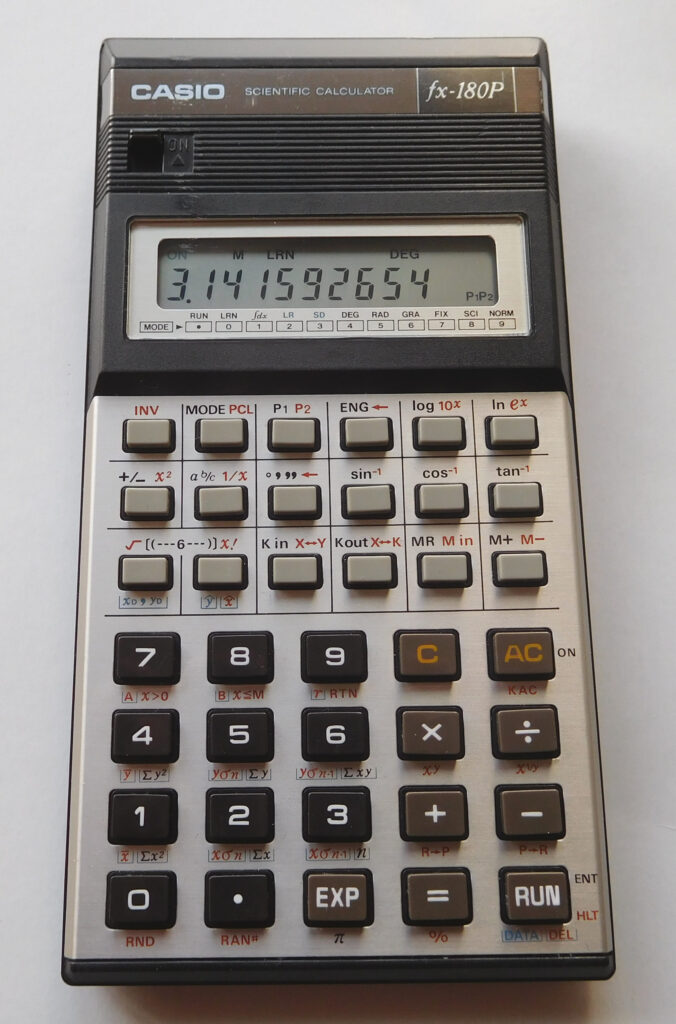Scientific Calculators
Best Scientific Calculators Online
Scientific calculators have been a staple in the toolkit of students, scientists, engineers, and professionals for decades. These compact devices go beyond basic arithmetic, offering a myriad of functions that assist in complex calculations, problem-solving, and data analysis. In this blog, we’ll explore the capabilities of scientific calculators, their features, and why they remain indispensable in various fields.
Evolution of Scientific Calculators

The history of scientific calculators dates back to the 1960s, with the introduction of the first handheld electronic calculator. Over the years, technological advancements have transformed these devices into powerful tools capable of handling a wide range of mathematical, scientific, and engineering tasks.
Key Features:
- Basic Arithmetic Functions: Scientific calculator retain the fundamental arithmetic functions—addition, subtraction, multiplication, and division. However, they also provide advanced functionality for handling complex numbers and fractions.
- Trigonometric Functions: One of the defining features of scientific calculator is their ability to perform trigonometric calculations. Users can calculate sine, cosine, tangent, and their inverse functions, making these calculators invaluable for geometry, physics, and engineering applications.
- Logarithmic and Exponential Functions: Scientific calculator simplify logarithmic and exponential calculations. This is crucial for tasks such as compound interest calculations, exponential growth modeling, and logarithmic transformations.
- Statistical Functions: Many scientific calculators come equipped with statistical functions, enabling users to compute mean, standard deviation, regression analysis, and other statistical measures. This is particularly useful in fields like data science and economics.
- Programming Capabilities: Some advanced scientific calculator allow users to write and execute simple programs. This feature is beneficial for repetitive calculations or solving specific types of problems, providing a level of customization to suit individual needs.
- Matrix Operations: Scientific calculator with matrix capabilities are favored by engineers and students studying linear algebra. These calculators can perform operations on matrices, such as addition, multiplication, and finding determinants.
Practical Applications:
- Education: Scientific calculators are a standard tool in educational settings, aiding students in solving mathematical problems, conducting experiments, and understanding complex concepts in subjects like physics and chemistry.
- Engineering and Science: Professionals in engineering and scientific disciplines heavily rely on scientific calculators for tasks ranging from circuit analysis to statistical data interpretation.
- Finance: In finance, scientific calculators are used for calculations involving interest rates, loan repayments, and other financial metrics. The ability to handle time value of money (TVM) calculations is particularly valuable.
- Health Sciences: In fields like medicine and biology, scientific calculators play a role in statistical analysis, drug dosage calculations, and data interpretation in research studies.
Scientific calculators have evolved into sophisticated tools that cater to the diverse needs of students, scientists, engineers, and professionals. Their enduring popularity can be attributed to their versatility, portability, and the convenience they offer in handling complex calculations. As technology continues to advance, it will be fascinating to see how scientific calculators evolve to meet the ever-growing demands of various industries.
